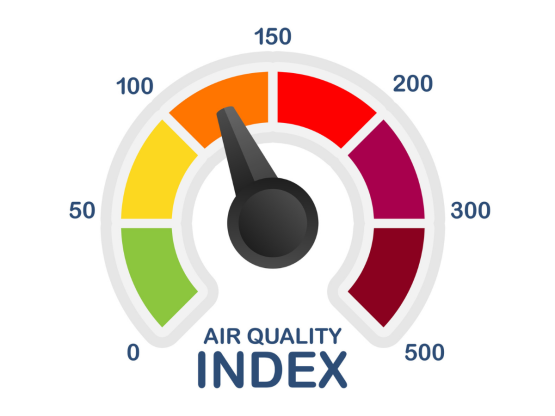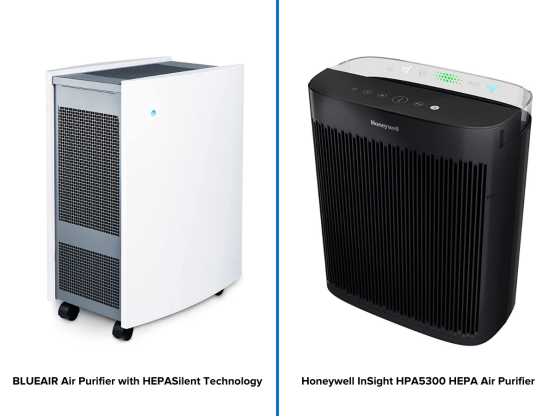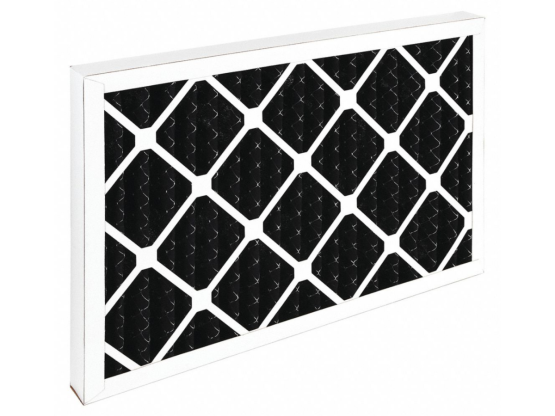California is no stranger to wildfires. In 2021 alone, more than 2.5 million acres and 3.6 thousand structures succumbed to wildfire in California. 2020 was even worse— with more than 4.3 million acres burned and 11.1 thousand structures destroyed.
If you operate a brick-and-mortar business or manage a commercial property in California, it’s critical you safeguard your building to prepare for fire season.
When is fire season?
While fire season was formerly known for peaking from May-October, some experts now suggest that the fire season in California is now year-round.
What Can You Do to Prepare Your Commercial Facility for Fire Season?
Monitor Air Quality
Know where to find alerts for air quality readings. When the Air Quality Index (AQI) reaches hazardous levels, officials may call for evacuation. It’s important to stay on the lookout for alerts when wildfires are active.
Here are some resources for staying in the know during wildfire season (feel free to share with employees or building occupants!):
- AirNow’s Air Quality Monitor allows you to check your region’s AQI
- AirNow’s Fire and Smoke Map displays information on air quality, fires, smoke plume locations, and special statements about smoke.
You should always stay tuned to local news channels when a wildfire becomes close in proximity. Always follow evacuation orders.

Change Filters
According to the California Air Resources Board (CARB), “wildfires produce a range of harmful air pollutants, from known cancer-causing substances to tiny particles that can aggravate existing health problems and increase the risk of heart attack or stroke.”
Certain precautions can be taken to reduce exposure to these pollutants and special filters are available to help catch smoke particles and reduce smell. See our guide below for how to adjust your HVAC units’ air filters during wildfire season based on your industry.
Remember that regular HVAC maintenance will diminish potential fire hazards at your commercial facility year-round! Learn about Mark III’s preventive maintenance plans.
Have An Evacuation Plan
In the event your region is ordered to evacuate, it’s important to have an emergency evacuation plan. Here are some things to consider when creating an evacuation plan for your commercial facility:
Keep employees or building occupants informed. As concerns for evacuation arise, it’s a good idea to draft an announcement that includes modified building access hours and restrictions. Be sure occupants are informed of your building’s fire escape plan in case an emergency arises while tenants are inside the building.
Organizing financial and business documents ahead of time will speed evacuation in case it becomes necessary. As concerns arise, locate important documents (and any other priceless items) and keep them nearby.
Know who’s responsible. Don’t wait until an evacuation arises to assign roles. Make sure it’s clear who is responsible for sending updates and grabbing physical items AHEAD OF TIME!
Consider A Portable Air Cleaner
CARB recommends using an indoor air cleaner when the AQI indicates unhealthy air, or if you can see or smell smoke in your commercial facility.
All portable indoor air cleaning devices sold to people or businesses in California after 2010 are certified by CARB.

Air Filter Guide
Stay safe from smoke by appropriately monitoring/adjusting air filters at your commercial facility (and at home!) during fire season. If you’re responsible for facilities maintenance, use this guide for how to best filter the air in your building based on the industry you work in:
- Medical/Hospitals
- Continuously check/clean prefilters.
- Clean units’ coils before and after any nearby fires to decrease the number of particles in your unit. This will help keep your unit operating efficiently.
- When smoke is prevalent, temporarily shut down/off economizers. This will stop unfiltered outdoor air from coming into the building.
- Monitor static pressure to ensure high-efficiency particulate absorbing air filters (HEPA) that are not plugged.
- To remove the smoke smell, consider installing a charcoal filter. The filter will catch particles before they enter the facility, and the charcoal will reduce any smoke smell. Please consult an experienced HVAC technician to determine if your equipment can handle the added strain posed by more aggressive filters such as charcoal.
- Schools
- Clean units’ coils before and after any nearby fires to decrease the number of particles in your unit. This will help keep your unit operating efficiently.
- When smoke is prevalent, have an HVAC contractor temporarily shut down/off economizers. This will stop unfiltered outdoor air from coming into the building. Once the smoke has cleared, we recommend having a skilled professional verify the economizers are working properly.
- To remove the smoke smell, consider installing a charcoal filter. The filter will catch particles before they enter the facility, and the charcoal will reduce any smoke smell. Please consult an experienced HVAC technician to determine if your equipment can handle the added strain posed by more aggressive filters such as charcoal.
- Industrial Facilities
- Clean units’ coils before and after any nearby fires to decrease the number of particles in your unit. This will help keep your unit operating efficiently.
- When smoke is prevalent, temporarily shut down/off economizers. This will stop unfiltered outdoor air from coming into the building.
- To remove the smoke smell, consider installing a charcoal filter. The filter will catch particles before they enter the facility, and the charcoal will reduce any smoke smell.

Let’s Prepare Your Facility For Fire Season
Safeguarding your commercial building to prepare for fire season is critical to protect your building and its occupants. Mark III Service technicians are trained and ready to help you prepare your building’s HVAC systems for California’s wildfire season. Schedule a consultation today:
*AirNow is a partner of the U.S. Environmental Protection Agency*
Image credits: